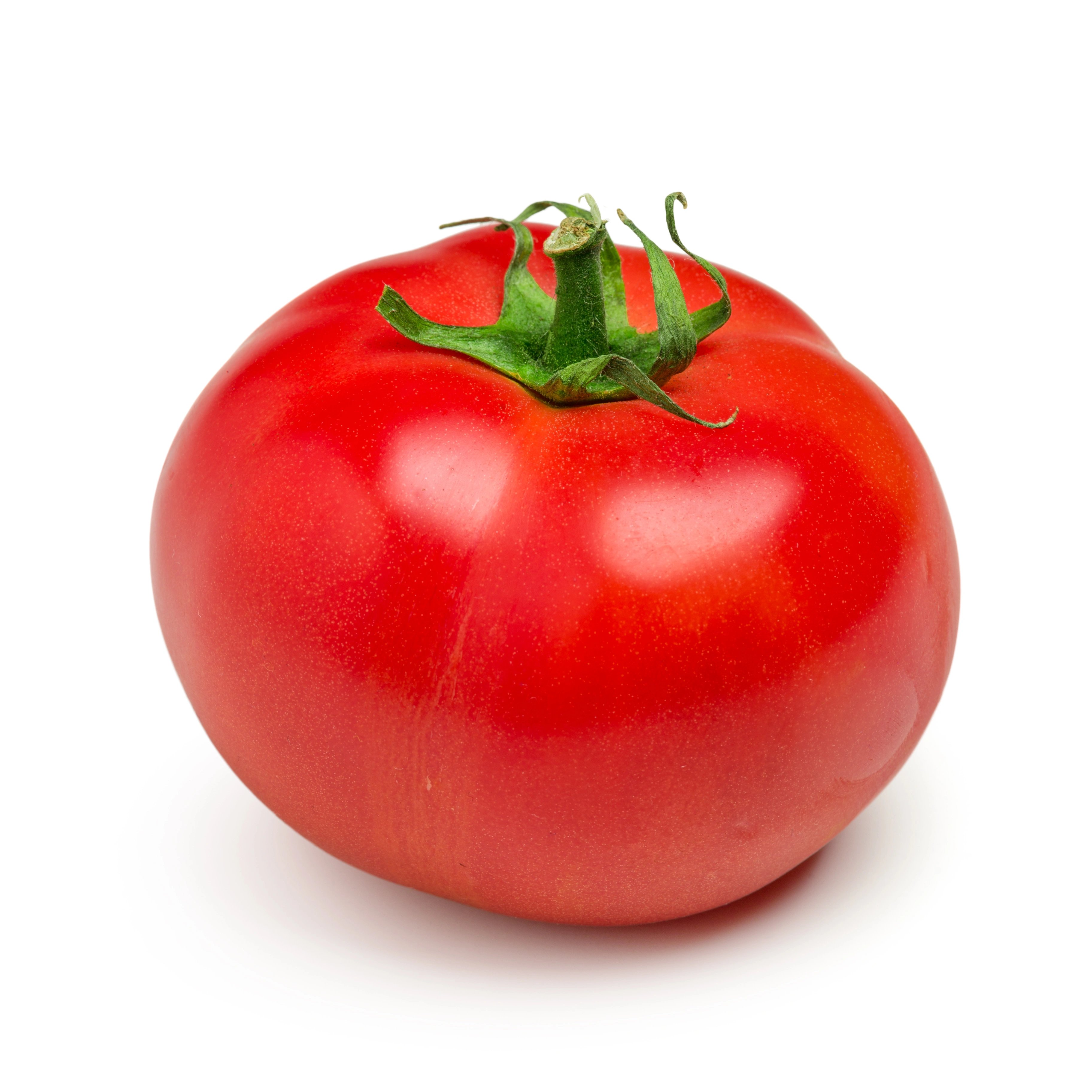Biological Ag Input Testing
The University of Almería, through the RNM-934 (AGROMA) research group, utilized BeCrop® Technology to analyze biofertilizers as an important tool to reduce the inputs of traditional synthetic fertilizers and improve the quality and productivity of tomato crops.
Share this

Results by the numbers
Fruits with a higher size (caliber)
Economic yields
The Solution
UAL objectives included studying the implantation of plant growth-promoting bacteria (PGPB) in an intensive commercial greenhouse tomato crop, studying their fertilizing effect as atmospheric nitrogen fixers, phosphorus, and potassium solubilizers in soils, studying the fertilizing effect in terms of production and quality of the fruits, and analyzing economic benefits of the use of PGPB. The biological products utilized were Bio P, Bio N, and Bio K, provided by Nostoc Biotech. Biome Makers' BeCrop® technology was applied to assist with analyzing 80 tomato samples collected in traditional intensive greenhouse crops of tomato of the province of Almería, Spain. 4 sampling areas were collected (T0, T1, T2, T3). T0 received 0% fertigation reduction with no bacteria applied, T1 received 0% fertigation reduction with bacteria applied once at the beginning of the crop, T2 received 0% fertigation reduction with bacteria applied every 40 days, and T3 received 20% fertigation reduction with bacteria every 40 days.
Results
T3 had the most significant effects where plants were treated with biofertilizers and with a 20% reduction of inorganic fertilizers, showing an extraction efficiency in fruits of 16% (N), 33.7% (P), and 22.8% (K) higher than the control treatment in T0. The microbiological analysis using BeCrop® technology showed an increase in taxa related to the solubilization of P and K, particularly in T3 which received 20% reduced fertigation.
Also, the products seemed to favor the development of phytohormones involved in fruit growth and plant resistance. Also, T3 obtained higher yields per square meter (33%) with fruits with a higher size (caliber), allowing economic yields of up to 52% higher than the control treatment, where biofertilizer products were not applied.
The results from this project provide clear research and discovery to encourage growers to transition from intensive agriculture with a large focus on ag input application to more sustainable and regenerative agriculture.
BeCrop Trials
Take functional soil analysis to the next level.
Download .PDF
Get in touch!
We are happy to answer your questions.
Get a quote
Use BeCrop test in your farmland today